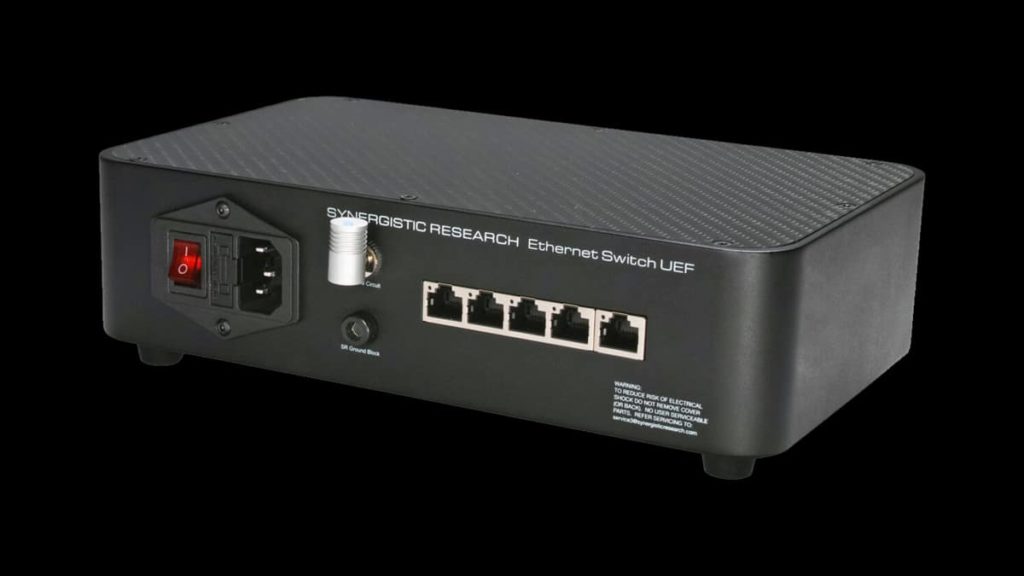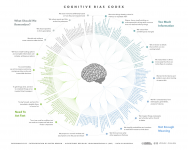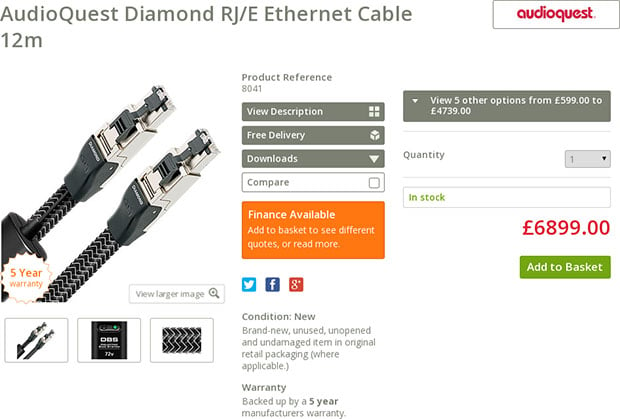This just goes to show that so called audiophiles have no knowledge about how the technology they love works.
There could certainly be some advantage from trying to avoid digital noise propagation in a system, but that should really be handled in the design of whatever source device takes the network signal and outputs it as an analog signal.
The things the reviewers are discussing (sibilance, sound stage, etc. etc.) There is no way at all a switch, any switch, can have any impact on that. The TCP data packet is verified upon receipt by whatever device is decoding it and is bit for bit identical to when it was sent, regardless of what switch is in between. Even if a service uses UDP, where no verification is performed, there wouldn't be a sound quality impact. At most, if you had a bad switch, you'd get an interruption in the sound, but it wouldn't do anything to "warmth".
To me this highlights two things.
1.) There are a lot of people in our society who are fond of saying stupid things like "oh, I'm bad at math" or "I'm not a computer person" or "I'm not a technical person". Well, if you are going to be enthusiastic about absolutely anything, you had better become one, or you are going to be scammed by companies like this. The devil is always in the details, and if you don't understand them, you know nothing. Absolutely
EVERYTHING is technical/scientific/detail oriented. Without it you are just a hairless ape.
2.) Schools really need to focus more on theory of knowledge. How our perception of the world works, and how our monkey-brains distort it for us. It is absolutely disturbing how many people believe that they should be able to trust their own senses and perceptions as absolute truth, when it is incontrovertibly known to science that ALL humans suffer from imperfect perception, from various forms of biases. The Placebo effect is real, persistent and impacts all of us all the time. If we think something is going to look, sound or feel better, it WILL regardless of whether or not it is different at all. People who trust their own senses and perception of the world demonstrate only one thing, that they know nothing about what it means to know anything at all. Every single ounce of information we encounter in life whether we "see it with our own eyes" "hear it with our own ears" or not, is filtered through our imperfect brains which lie to us.
This has implications across all levels of society. It impacts legal cases (eye witnesses KNOWING they remembered seeing a defendant do something even though they didn't) technology "I can totally see the difference between 350hz and 390hz", audio "this piece of car priced audio jewelry totally sounds worse than this piece of house priced audio jewelry" etc. etc. etc.
It is so key to understanding the world we live in and making proper decisions and it is absolutely horrifying how few people accept it as fact.
You can never trust your own perceptions of the world, and that is pure scientific fact. You have to always be on the lookout for how your biases might be impacting your perception, and how you can devise strategies to confirm your conclusions so you know they are true, otherwise you know nothing. You can't constantly do double blinded studies on everything. That is not practical, but at least accepting and constantly considering your own subconscious bias as you move about the world helps a bit. (As long as you are also considering the
Bias Blind Spot)
This cognitive bias codex is great, but the forum scales it down so small that the text is mostly illegible:
View attachment 1368
Use
this link for the full size. (It has links to wikipedia articles on each listed bias!)
Side note. The codex, if color inverted, makes for a nice desktop background!



